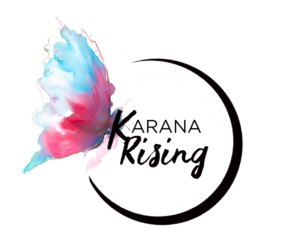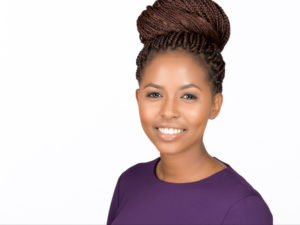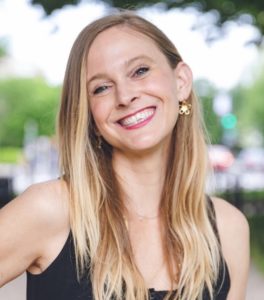By Snezana Vukovic, Survivor Leader, Karana Rising.
Every day, there are people around you who are creating labels to put on you. For the past ten years, I’ve been breaking free of the labels that other people used to define me. It wasn’t just about the emotional scars they left but also the damage these words and labels had in my life. So, today, I call myself a survivor. That is the label I have chosen, and here is why.
For me being a survivor means much more than just a new case or a story to tell; it means being able to pick yourself up from the dirt, to get up from bed when your mental state is keeping you captive and breaking you to pieces, and that you can do the right thing and face your traumas.
Invoking the conceptions of ”modern-day slavery” clearly packs a powerful rhetorical punch. Still, it is not without limitations or its own labeling effects that place a particular vision of just who can experience exploitation and trafficking. These easy-to-use terms are often coupled with those like ‘stolen innocence,’ which then implies children or women have to be perfectly innocent to be victims of trafficking. So, by this, you take my agency and deny my full humanity.
Running became my way of getting away from the pain. I ran from orphanages, foster houses, and anywhere that the state tried to stick me. When I was little, I couldn’t run from the abuse by my dad, but I couldn’t fight for myself either. Then, after I was trafficked from the orphanage, I felt like running was my only choice. Even other kids in the orphanage made fun of me. I didn’t feel like I belonged anywhere, and I started to believe that I was this horrible, dirty person the orphanage staff said I was. The more I fought back, punched walls, and screamed, the less help they offered me. I didn’t act like the sweet crying victim, so I was not treated like one. I became just another runaway, throwaway, orphaned, and “bad” girl. The orphanage was no place to heal, so I kept running. I was only 12.
Analysts, scholars, and activists use the term ‘human trafficking ‘ to refer to a broad category of crimes that boil down to either sex trafficking or labor trafficking. For example, sex trafficking is “the recruitment, harboring, transportation, provision or obtaining of a person for the purposes of a commercial sex act in which the commercial sex act is induced by force, fraud, or coercion, or in which the person induced to perform such an act has not attained 18 years of age (22USC7102).”
If we are going to rely only on these terms and labels to decide who is a survivor and who is the criminal, many survivors will simply be treated as criminals. Some may end up in jail. Many survivors, like me, will be simply pushed away to foster homes, orphanages, and right back into the hands of traffickers themselves. Policies that do not support survivor healing and do not allow survivors to have justice are at the core of why so many survivors end up being trafficked again. This is my story and many survivors, even children, end up in jail for things they were forced to do by their trafficker.
To truly support survivors, here are three ways we can dismantle the labels and harmful policies created by them:
- Believe the WHOLE Person in front of you and understand that they have a right to define themselves in their words.
- Strive for true healing by offering consistent and fair support that meets survivors where they are. That could mean just listening or simply asking, “what would make you feel a little better right now?”
- Understand everyone deserves healing and justice no matter what they look like or how they might seem to you. However, you don’t define another person’s survivorship.
It took me another ten years to find myself. That is how I began to hear my own story of who I was and not the one made up by social workers, media, police, other kids, and even my own family. They say, “you don’t understand someone until you walk in their shoes.” Well, I learned how to walk in my shoes and see the world from my own eyes.
In 2018, I began to advocate for other kids who have been through what I’ve been through. I felt empowered to take my life and use my past to speak out for others. I found a passion for helping others with my story and my mind. I have learned to say, with confidence, I am a survivor and a leader. No one can take that from me now.



